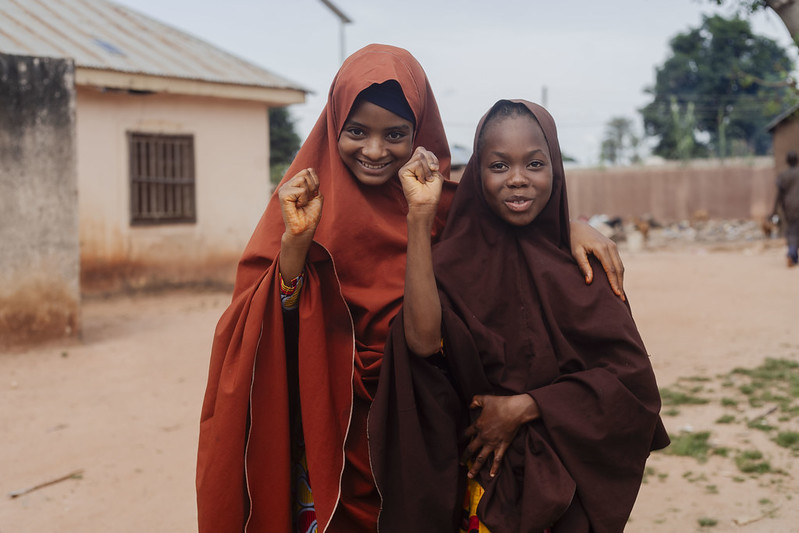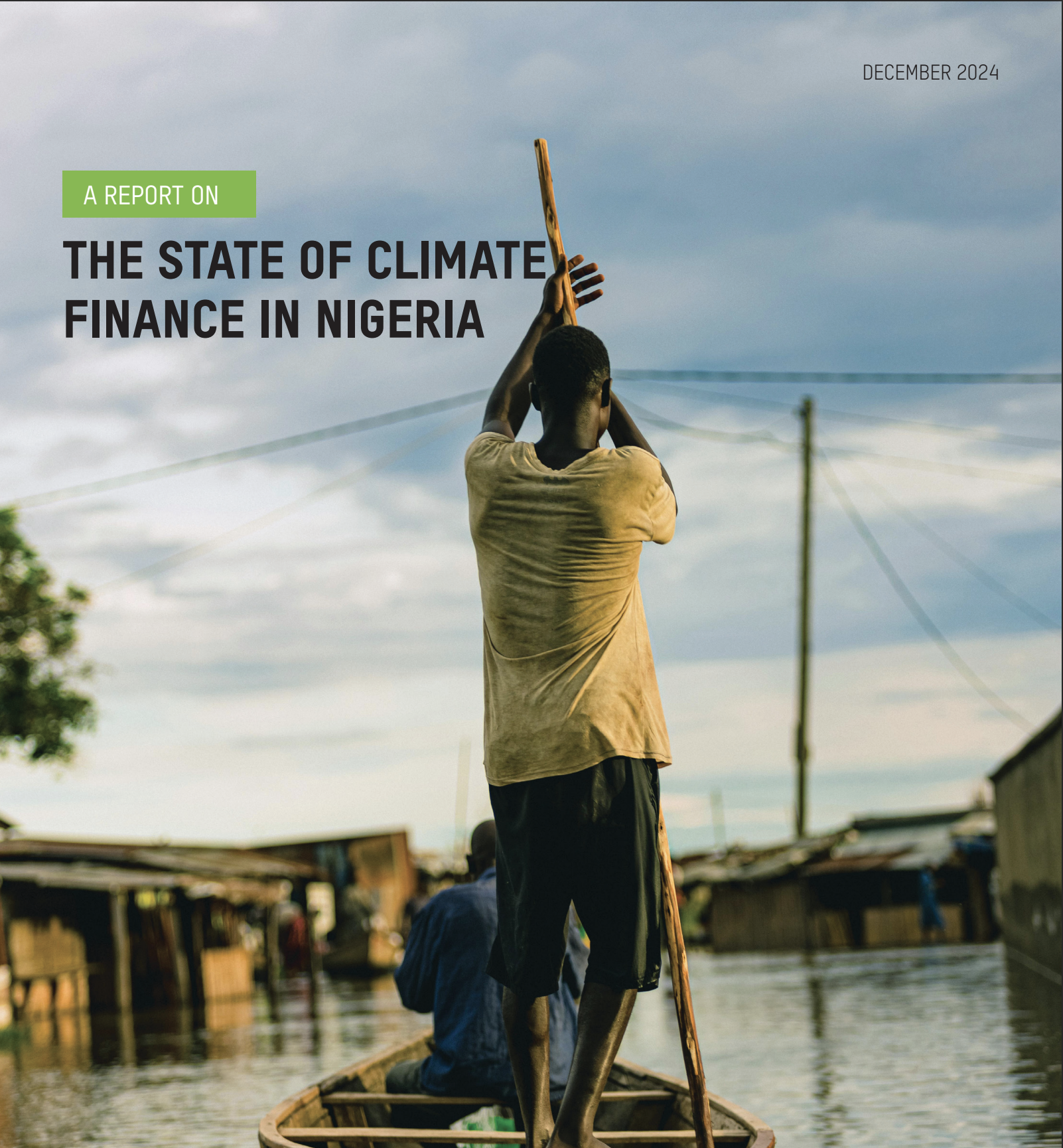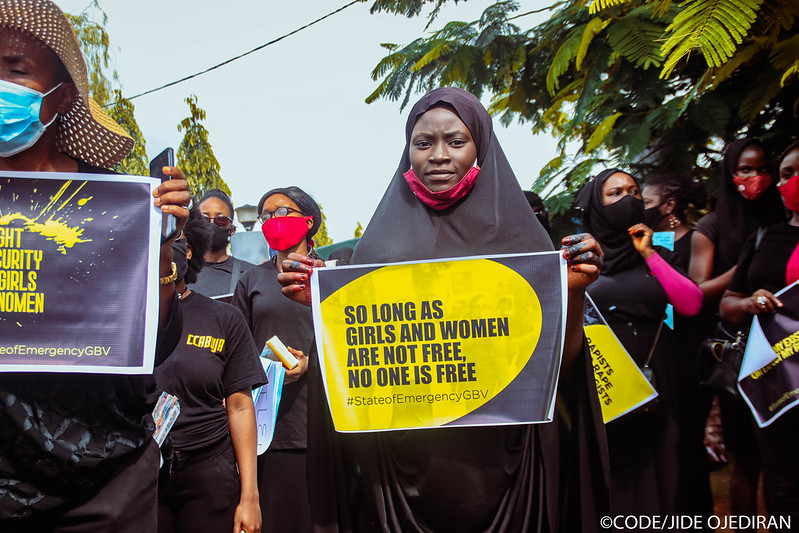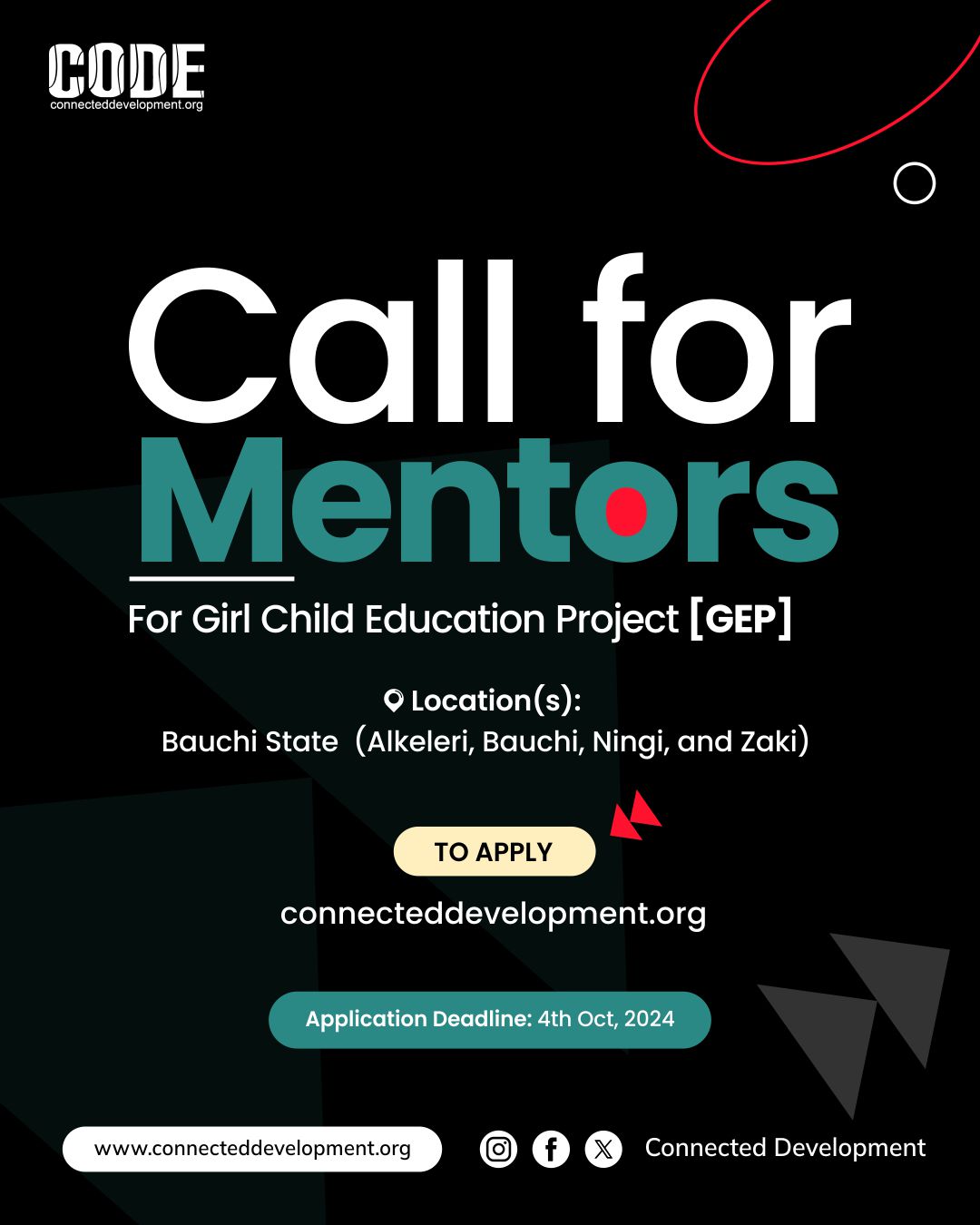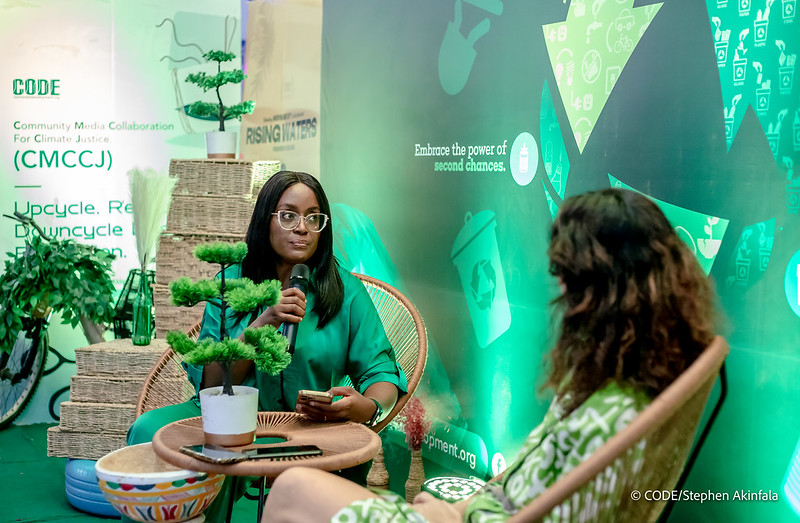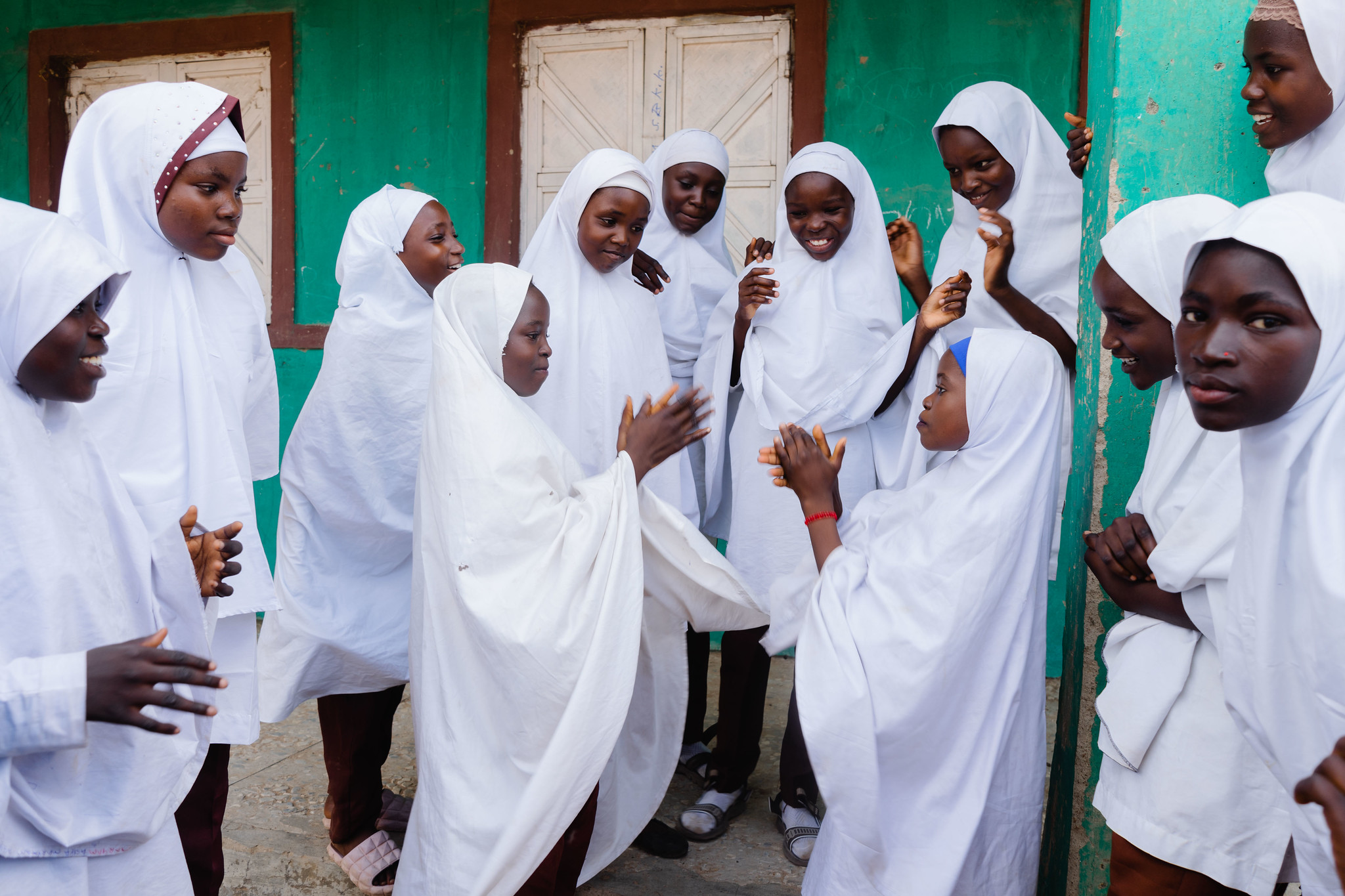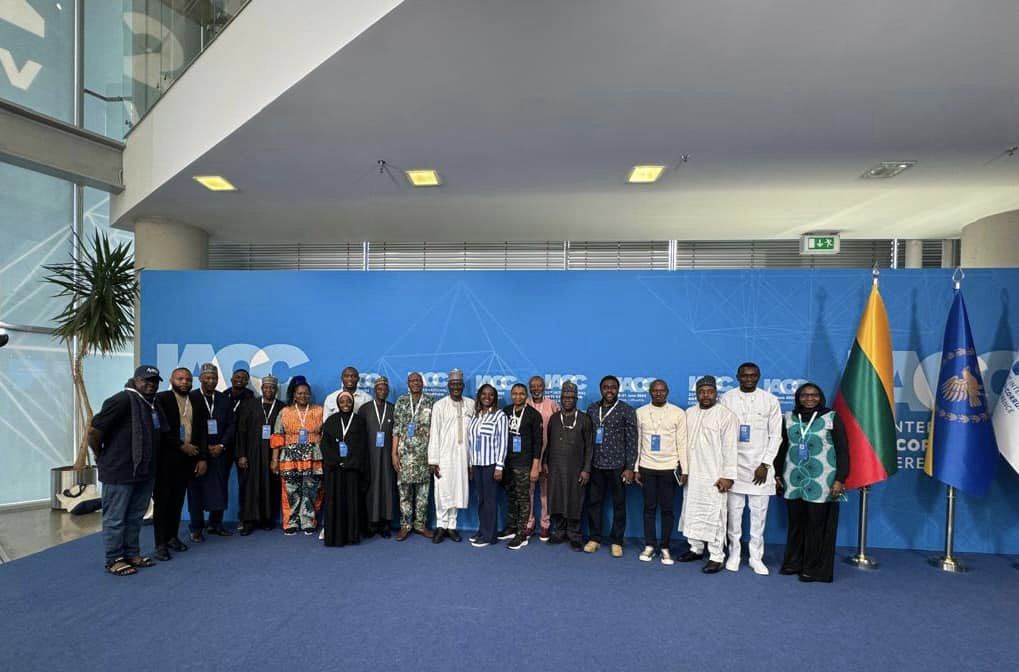As Nigeria faces yet another wave of devastating floods, with the recent disaster in Maiduguri on September 9th 2024 it has become abundantly clear that the country’s flood management systems are failing to protect our most vulnerable communities. The cycle of reacting only after a flood occurs, instead of preparing and implementing long-term flood prevention measures, reveals a systemic failure in planning and resource allocation. This catastrophe serves as a stark reminder of the ongoing environmental crises we have consistently raised alarms about through the Community Media Collaboration for Climate Justice (CMCCJ) project and other transparency and accountability initiatives.
We watch as the lives of women, children, and whole families in Maiduguri and elsewhere get turned upside down by this disastrous flooding. We urge immediate and sustained action by the Nigerian government and the international community. Our work in Rivers and Akwa Ibom states, alongside a powerful documentary emphasizing the vulnerability of communities during past environmental disasters, shows without a doubt the need for urgency in action and long-term planning to mitigate these preventable losses. Flooding is a predictable and preventable disaster, yet the focus remains on post-disaster management. This annual tragedy serves as a sobering reminder that there are no geographical limits to the environmental crisis. it is indeed possible to protect lives and livelihoods through proactive engagement, community-driven solutions, and openness in government action. But we must act now before another disaster strikes.
Key Challenges
1. Inadequate Early Warning Systems: The absence of a reliable early warning system in many parts of Nigeria means communities are often caught off guard, despite the likelihood of floods being known well in advance due to seasonal patterns.
2. Inadequate Flood Prevention and Response Systems: Despite commitments from the government and stakeholders following our documentation of the 2022 floods in Rivers State, effective flood prevention measures remain elusive. Vulnerable populations, especially women, children, and internally displaced persons (IDPs), continue to bear the brunt of these disasters.
3. Lack of Transparency and Accountability: Through our advocacy work, we have tracked funds such as the Climate Change and Ecological Fund, revealing the mismanagement and lack of transparency in disbursements for climate resilience projects. The recent floods only further show that it is imperative that these funds are properly allocated and monitored.
4. Breakdown and/or absence of infrastructure: The continued deficiency in government provision of infrastructure as well as poor maintenance of existing ones like dams that collect excess water has exacerbated the risk of flooding across communities in Nigeria.
5. Neglect of Marginalized Communities: Our work with community based organizations has consistently shown that marginalized groups, particularly women and youth, are the most affected by environmental disasters, yet they are the least consulted in the design and implementation of climate adaptation policies.
Call to Action
We call upon the Nigerian Government and the international community to take swift and decisive action to address the recurring flood crises and the broader climate emergency by adopting the following measures:
1.Immediate and Transparent Use of Climate and Ecological Funds: The climate change and ecological funds must be immediately mobilized to support flood relief efforts in Maiduguri and other affected regions. The government should ensure that the funds are utilized transparently, and all disbursements must be tracked and reported to the public.
2.Increased Funding for Climate-Resilient Infrastructure: We urge the Nigerian government, along with international partners, to prioritize the development of climate-resilient infrastructure in flood-prone areas. This includes the construction of dams, maintenance and expansion of existing dams, improved drainage systems, and sustainable housing for communities at risk of displacement.
3.Community-Led Solutions and Empowerment: Local communities, especially women and youth, should be empowered and supported to lead climate resilience efforts. This can be achieved through capacity building programs, the establishment of Community Reading Centers (CRCs) for awareness on environmental protection, and the mobilization of community based organizations to monitor government action on flood prevention.
4.International Support and Solidarity: We call on the international community to step in with both financial and technical support to address Nigeria’s climate/environmental challenges. Given the scale of devastation, international aid agencies and global climate funds should focus on flood relief and long-term climate adaptation strategies in Nigeria.
5.Holding Stakeholders Accountable: All levels of government, including local and state authorities, as well as corporations operating in flood-affected areas, must be held accountable for their role in exacerbating environmental vulnerabilities. This includes companies like Shell Plc, whose operations have contributed to environmental degradation in the South-South region as well as officials of the government found culpable of not maintaining the Alau dam in Borno state as the Federal government through the Federal Ministry of Water Resources and Sanitation on October 12th 2023, committed to rehabilitating the collapsed 112 million reservoir capacity of the Dam in the state There is also a 78,210,989 Million Naira earmarked for Dam Safety Monitoring and another 159,403,663 Million Naira for Dams and Reservoir Operations Surveillance programme among others in the 2024 Federal Ministry of Water Resources’ budget. How has this been utilised?
The moment is now for immediate action! With the latest floods sweeping across Maiduguri, we are witnessing once again, the failure to adequately prepare for and respond to these climate disasters. While we applaud NEMA’s efforts to collaborate closely with state emergency management agencies and other relevant stakeholders through the National Emergency Operations Centre located in the Agency’s headquarters to ensure that necessary support, including rescue and relief operations, is available to affected communities. These steps are insufficient in the absence of long-term, inclusive solutions that prioritise the well-being of those affected.
CODE stands by the communities we have worked with in Rivers and Akwa Ibom States and extends our support to those currently suffering in Maiduguri. It is time for the Nigerian government and the international community to commit to lasting change and ensure that the voices of the most vulnerable are heard and their lives protected.
